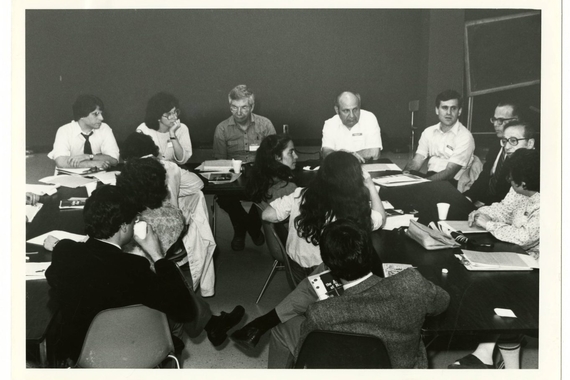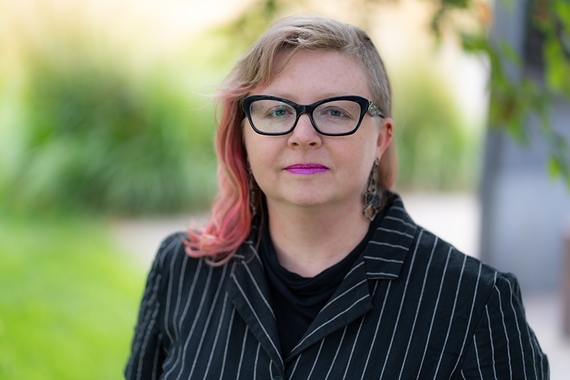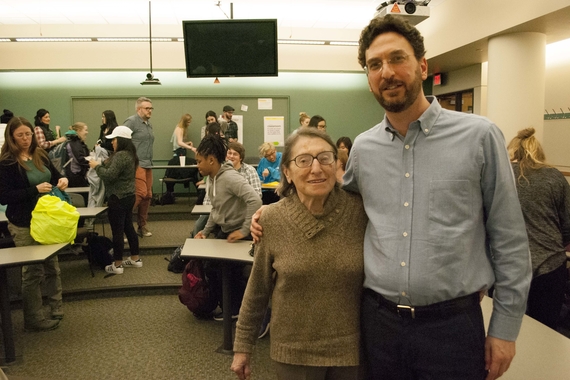CHGS congratulates the recent awardees of UMN research projects on violence, memory, and Human Rights
CLA Interdisciplinary Collaborative awards
Memory, Trauma, and Human Rights at the Crossroads of Art and Science
This workshop brings together team members from the University, community, and research institutions abroad to better understand the impacts of traumatic memory upon individuals and societies and to critically engage the issues of how we come to terms with and heal from trauma, seek accountability for human rights abuses that led to severe trauma, and mitigate future traumatization. Together we will explore the long-term effects of traumatic experiences as varied as war and dictatorship, terrorist attacks and state terrorism, genocide, captivity, and sexual abuse. We will explore how a more interdisciplinary understanding of memory and traumatization can illuminate the pathways between artistic production and healing. A full understanding of trauma and its implications in modern society needs to address its individual and social dimensions, and place 1) therapeutic and artistic work, 2) critical cultural analysis and scientific modelling/experimentation, and 3) sociological as well as historical study and medical practice in dialogue. Our project brings together, for the first time at the University, recognized leaders in all these fields in a sustained manner in a project that will lead to vigorous intellectual exchange and important peer-reviewed publications, curricular development that foments co-teaching across departments, community outreach, and internationalization of the University.
Migration and Migrants in Terrifying Times
We live in uncertain and, especially in the past few months, terrifying times. Assumptions, myths, and misinformation about migration and migrants are routinely and increasingly manifested in acrimonious political debates, news stories and sound bites, and our daily conversations and interactions with one another in the very communities in which we live and work. At the same time, migration was, is, and will continue to be an essential and vibrant part of our lived experience as individuals and communities, Minnesotans and Americans, and global citizens. We will explore this tension in an ICW characterized by the theme, “Migration and Migrants in Terrifying Times.” We envision four semester-long reading/discussion groups and symposia modeled on the Law School’s Human Rights Lab and covering four highly relevant and timely topics that will help to facilitate conversations and collaborations among scholars and other interested persons and parties in and outside of CLA and the University of Minnesota. In doing so, we seek to create a space to collectively reflect on and proactively respond to current and future events and processes that have and will have an impact on migration and migrants in the Twin Cities, Minnesota, and the rest of the country.
Human Rights Initiative awards
Mnemonic Struggles over the Gravest Human Rights Violations: The Armenian Genocide in Griswold v. Driscoll and beyond
Joachim Savelsberg (Sociology) and Fionnuala Ní Aoláin (Law)
This project will look at struggles over denial of genocide and the role of law in regulating, remembering, and preventing genocide. Based on the understanding that genocide denial causes pain for survivors and enhances the risk of future occurrences, this project will analyze a Massachusetts court case which related to teaching guidelines concerning the Armenian genocide. Professors Savelsberg and Ní Aoláin seek to explain the legal case and the consequences this case has for teaching the history of the Armenian genocide. This project will add to a series of case studies on particularly significant human rights trials and will become an essential part of a book addressing struggles over the acknowledgement of the Armenian genocide.
A Contested Home: Memory, Commemoration and Rights around Forced Migration of Palestinians in the Galilee
Sonja Kuftinec (Theater Arts and Dance) and Avigail Manneberg (Art)
This project uses artistic representation to engage with issues of forced migration and displacement. It explores how visual and theatrical storytelling can redress historical amnesia by seeking to foster dialogue between two groups who have a long and contentious history, Palestinians with Israeli citizenship and Jewish Israelis. Professors Kuftinec and Manneberg will work with eight local artists to develop an interdisciplinary body of work culminating in an exhibition and public art installation.


